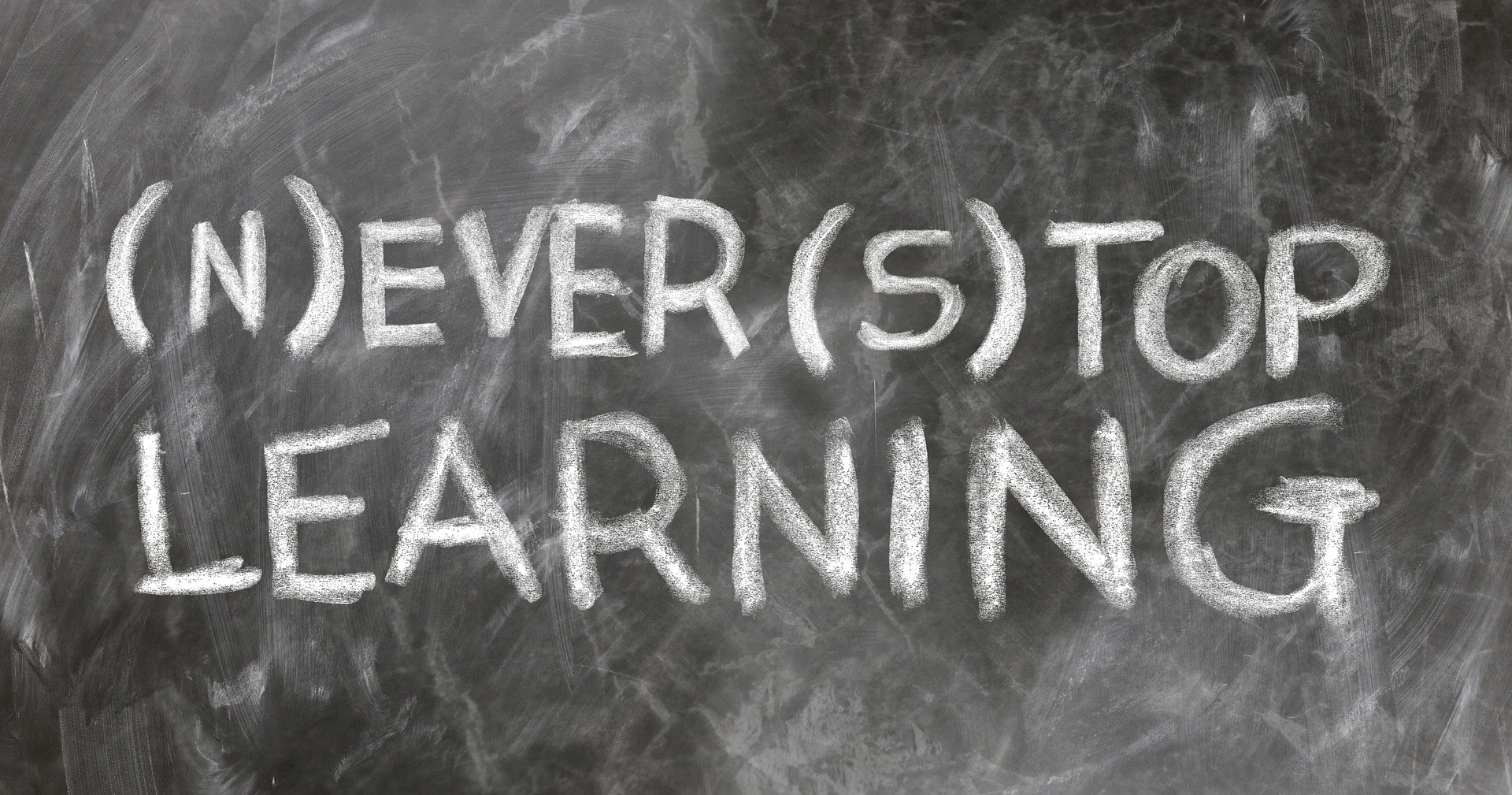I’ve learnt many things since my homeless days. As simple as it is to tell somebody to live below their means, it’s not easy to fulfil that in reality. And that’s because many people aren’t prepared to lower their lifestyles and make the necessary sacrifices to make a change.
Although living below your means is a profound lesson, it wasn’t the most important one I learnt about personal finance. There was something more valuable. But hearing the phrase and living it are two different things, much like the other lesson I mentioned.
Once I fully grasped the meaning of this phrase and structured my life to fulfil it, that’s when my finances improved.
The Turning Point
After working for six years as an accountant, I quit and opened up a nightclub. Business was going well, but my partner and I constantly bashed heads. We couldn’t agree on anything. Eventually when I sold him a portion of my shares and he became the majority shareholder, he fired me from the business I started.
With no income and savings, I was unable to pay my rent. I got evicted and packed my stuff into my car and lived in it on the side of the road.

Months later, I got a job as a floor manager in a restaurant. The hours were long and I had only one day off in the week. Working as an accountant, I had weekends and public holidays off. What’s more is that my salary as an accountant was twice the amount I received as a floor manager. Yet, I saved money while working in a restaurant but lived paycheck to paycheck as an accountant. Why?
I thought about that for months, trying to figure out what changed in my life that enabled me to finally save money while having a low income as opposed to having no savings with double the income.
Once I became homeless, I viewed debt as the enemy. It prevented me from having financial freedom and definitely contributed to my homelessness. It was my fault that I took out debt, and I took full responsibility. But I finally understood that debt was my foe, not a means to a better life that I couldn’t afford.
So I made a plan to pay off all of my debt and never take it out again. And a part of that plan meant not having another financed vehicle. I didn’t have a credit card or an overdraft. The reason I was able to live without that debt is because I decreased my lifestyle and made sacrifices.
I lived a lower lifestyle as a floor manager than an accountant. Of course, that makes sense because my income was lower with the former. But I managed to save money while working in a restaurant but barely covered all my expenses when I was an accountant.
That’s when I realised that what matters the most in personal finance is the amount that you keep, not the amount you make.
Sixty percent of six-figure earners live paycheck to paycheck. Yet, people with half of their income are able to save money. Because the amount left over at the end of the month is more important than the amount received at the beginning of the month.
But how do you ensure that you have money left over at the end of the month?
Compile a Cash Flow Statement
Instead of a budget, I refer to planning your finances as a cash flow statement. That’s because a budget is a forecast and sometimes a thumb suck, whereas a cash flow statement is the exact amount of income and expenses you have. And the way to compile a cash flow statement is by entering receipts. That way, you know you’ve got realistic figures.
Now that you have the actual expenses in front of you, analyse each one and determine which ones are essential and non-essential. An essential expense is absolutely necessary for survival such as food and water. Expenses such as shopping, takeouts and memberships are non-essentials. Those expenses may provide you with comfort and entertainment, but you don’t need them to survive.

After you’ve eliminated the non-essential expenses from your cash flow statement, meaning that you’re no longer going to spend money on them, look at the essential expenses and try to figure out a way to reduce them. I’m not saying buy less groceries so that you don’t receive sufficient nutrition. But look for cheaper alternatives that are healthy.
Now that you’ve decreased your expenses, you should have more money. You should also try to supplement your full-time income with a part-time job or by renting a room. Having this extra money doesn’t mean that you should save up until you have enough to go on a big shopping spree as a reward for making sacrifices.
The additional money that you have after decreasing your expenses should be dedicated to debt. The more you pay towards your debt repayments, the sooner you’ll pay it off. Once you pay off all your debt, you’ll no longer have those monthly payments. And that’s when your savings account will balloon exponentially.
Final Thoughts
Increase your income and decrease your expenses to have savings at the end of the month. That’s easier said than done because it requires sacrifice, which means lowering your lifestyle. It’s difficult for many people to let go of their comfortable lifestyles. Besides comfort, their lifestyles provide them with a certain level of status, and they don’t want to let go of it.
Society’s perception of them is very important. In fact, it’s even more important to them than saving money. That’s the reason they take out debt. When they can’t afford the lavish purchases, they use borrowed money. It ends up being a downward spiral because they usually take out more debt after seeing the value that the first debt has offered them.
Stay away from debt. Remember, it’s the number one enemy of financial freedom.
CHECK OUT MY NEW BOOK — From Homeless to Debtless with Savings
READ NEXT: Remaining Motivated to Pay off Debt





Leave a Reply